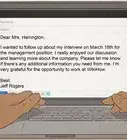This article was co-authored by Seth Hall and by wikiHow staff writer, Johnathan Fuentes. Seth T. Hall is a Certified Life Coach and Founder of Transformational Solutions, a Los Angeles-based life-coaching company that helps people achieve their toughest goals, find their own voice, and think outside the box. He has been a life coach for over 10 years, specializing in personal development, relationships, career and finance, and wellness. He has helped his clients break the negative cycles in their lives and replace them with a positive, proactive mindset. Seth believes that everyone has the potential to live a fulfilling and rewarding life, and works passionately to help them reach their full potential. With a deep understanding of how our minds work and the power of positive thinking, he encourages his clients to find their unique paths in life and find success on their own terms. He is a certified master practitioner of Neuro-Linguistic Programming, a featured co-author for WikiHow, and co-author of "The Mountain Method”, “The Happy Tiger”, and “The V.I.S.I.O.N.S. Program”.
This article has been viewed 2,811 times.
“Thank you for your interest in this position,” you read, dreading what comes next. “After careful consideration, we’ve decided to offer the role to another candidate.” We’ve all been there. Being rejected is a part of any job hunt. When it happens, you might wonder, “What could I have done differently?” Well, it doesn’t hurt to find out! Getting feedback gives you a chance to learn from your mistakes and do better next time—but the key is knowing how to ask. We’ve put together a guide on requesting feedback after a job rejection. Keep reading to learn what questions to raise, how to respond to rejection emails and phone calls, and how to phrase your message to increase the odds of getting a reply.
Things You Should Know
- Thank them for their email or phone call. Express gratitude and disappointment (in a positive way), then explain that you’re looking for feedback.
- Ask for 1-2 ways you could have improved during your interview, plus feedback on your resumé, cover letter, and qualifications. Take notes on any feedback.
- Avoid open-ended questions like “How could I do better next time?” Tailor your questions to the specific role, organization, and industry.
- Keep emails and voicemails brief. Phone calls can vary in length, but use your judgment. Always end with “thank you,” whether they provide feedback or not.
Steps
Asking for Feedback via Phone or Email
-
1Begin by showing gratitude. You can say “Thank you for interviewing me for this position.” This leaves a good impression and increases the chances that you’ll be provided with constructive feedback.
- Throw in a few extra words like “It was a pleasure to meet your team and learn more about the company.”[3]
- If you met with specific people during the interview process, be sure to mention them by name: “It was great to meet you and Charlie,” “Please extend my gratitude to Maria.”
-
2Express disappointment in a positive way. For example, “I’m saddened that I won’t be joining your team, but I’m grateful for having applied.” This reaffirms your appreciation while showing that you respect their decision.
- Add a few specifics about the company or position, if possible.[4]
- For example, “While I’m saddened that I won’t be working with Alex and the rest of the Human Resources team, I’m grateful for having applied and wish you all the best.”
-
3Show that you want to grow and learn. “I’m always looking to improve my skills and would appreciate your feedback.” This positivity will reflect well on you. It also shows that you value their opinion, which might persuade them to offer their insights.[5]
- If you’re requesting feedback over the phone, you could say, “If you have a few moments, I’d love to get some brief feedback on my application.”
-
4Ask specific questions. For instance, “Could you tell me one or two ways I could have done better during the interview?” Recruiters are often busy and have little time to reply to rejected candidates. Keeping things brief shows that you respect their time and gives them the option to say as much—or as little—as they want.
- Ask if you lacked necessary qualifications. Recruiters often prefer candidates who already have the skillsets and experience needed for the job, so this could be opportunity to learn which qualifications you’re missing, if any.
- Take notes on any feedback you receive. Pay attention to specific suggestions for areas to improve.
- Take feedback as an opportunity to grow. While rejection hurts and criticism stings, learning your weaknesses can help you make the changes necessary to achieving your goals.
-
5Request input on your resumé and cover letter. You could ask “Do you have any feedback on my resumé or CL?” Pay attention to what they liked, didn’t like, and what was missing. Use this info to polish up your applications and make yourself a stronger job candidate.
- If you’re getting feedback on the phone, have your resumé and cover letter in front of you during the call. Make highlights and take notes according to the feedback you receive.
- If there were other materials in your application, like a portfolio or test results, you can ask about those as well.
- For example “Did my writing portfolio contain the proper material?” or “Was there a particular section of the aptitude test where I could have improved?”
-
6Once you’ve asked specific questions, ask for general feedback. “Are there any other thoughts or feedback that come to mind?” This gives them a chance to share extra feedback that may be totally unrelated to your previous questions.
- Save this question for the end of your email or phone conversation, after more specific questions have been asked.
- For an email, you can phrase this as a statement. “Please feel free to share any other feedback that comes to mind.”
-
7End with a warm “Thank you.” You can also reaffirm your interest in working for the company down the line. For example, you can say “Thank you, again. And please keep me in mind if any positions that match my skillset become available.”[6]
- If you’re writing an email, you could say “Thank you, again, and I hope to hear from you soon,” or “Thank you, and please send my regards to the rest of the team.”
- You can also acknowledge recent events or the time of year. For example “Thank you, again. I wish you a wonderful Thanksgiving.”
Sample Emails
-
1Hello Michelle,Thank you so much for following up to let me know your decision. While I’m saddened that I won’t be joining your team, I’m grateful to have had the opportunity to interview and wish you the best of luck going forward. As you know, I’m always looking to improve my skills and expand my horizons. I’d love to get your feedback on my interview and application materials. Could you tell me one or two ways I could have done better during my interview? Was I missing any qualifications or required experience? Do you have any feedback on my resumé and cover letter? I’d welcome your thoughts on these and any other areas where I could improve as candidate for similar roles. As always, I can be reached at this email from 9am-5pm, Monday-Friday, or by phone at 917-555-2313. Thank you, again, for your time and consideration. Best wishes,Adamadam.smith@company.com917-555-2313
-
2Dear Mr. Rosetti,Thank you for informing me of your decision. While I regret that I won’t be joining the group as a Junior Associate, I nonetheless feel privileged to have been considered for the position. Despite my disappointment at this outcome, I’d like to take this opportunity to learn from my mistakes and improve my prospects going forward. If you could spare a few moments, I’d be obliged if you could provide feedback on my interview and overall candidacy. Could you recommend one or two ways I could have improved during my interview? Was I lacking any important qualifications or prerequisite experience? Lastly, do you have any recommendations regarding my cover letter and resumé? I’d appreciate your feedback on these areas, along with any other thoughts you’d like to share. Please feel free to contact me at your convenience via this email address, or by phone at 908-555-1881. My availability and further contact information are in my signature line. Thank you, once again, and please extend my gratitude to Maria and the rest of the team at ABC Associates. Best regards, Dana Rodriguezd.rodriguez@xyz.comOffice: +1 (908) 555-1881Fax: +1 (908) 555-1200Mon - Wed: 9:00am - 5:00pm PTThu: 8:00am - 6:00pm PTFri: 10:00am - 3:00pm PT
What to Avoid
-
1Avoid broad questions. “Is there anything I should have done differently?” or “How can I do better next time?” are both fair questions, but they can be tricky to answer. A busy recruiter may not have the time for such an open-ended conversation.
- You can end an email or phone call with a general question or statement.
- For example, “Is there anything else you’d like to share?” or “Let me know if you have any additional comments or feedback.”
-
2It’s best not to argue with feedback. While it’s possible that a recruiter’s feedback is unfair or just plain wrong, you shouldn’t challenge them on it. Arguing may create an impression that you’re unreceptive to feedback. It could also make it harder to absorb meaningful advice that could benefit you down the road.
- If you feel hurt by the feedback you receive, try setting it aside and coming back to it later. It may be easier to hear criticism once you’d had a chance to process your feelings.
-
3Avoid asking why you weren’t hired. It’s normal to want to know, but asking about it directly can seem rude. Recruiters may not even be at liberty to say exactly what tipped the scale in favor of another candidate.[7]
- In some cases, the reason might be clear, such as if you scored too low on an aptitude test. But the recruiter may not be able to confirm this one way or another.
-
4It’s best not to ask followup questions. Wanting clarification or further feedback is totally reasonable, but it’s not always possible. Remember that recruiters are doing you a favor if they choose to provide feedback, and you don’t want to come across as inconsiderate. One email or phone call should be enough.
- The only exception is if someone explicitly encourages you to follow up with more questions. In that case, a second email or phone call might be acceptable.
Expert Q&A
-
QuestionIs it OK to ask for feedback after an interview?
 Seth HallSeth T. Hall is a Certified Life Coach and Founder of Transformational Solutions, a Los Angeles-based life-coaching company that helps people achieve their toughest goals, find their own voice, and think outside the box. He has been a life coach for over 10 years, specializing in personal development, relationships, career and finance, and wellness. He has helped his clients break the negative cycles in their lives and replace them with a positive, proactive mindset. Seth believes that everyone has the potential to live a fulfilling and rewarding life, and works passionately to help them reach their full potential. With a deep understanding of how our minds work and the power of positive thinking, he encourages his clients to find their unique paths in life and find success on their own terms. He is a certified master practitioner of Neuro-Linguistic Programming, a featured co-author for WikiHow, and co-author of "The Mountain Method”, “The Happy Tiger”, and “The V.I.S.I.O.N.S. Program”.
Seth HallSeth T. Hall is a Certified Life Coach and Founder of Transformational Solutions, a Los Angeles-based life-coaching company that helps people achieve their toughest goals, find their own voice, and think outside the box. He has been a life coach for over 10 years, specializing in personal development, relationships, career and finance, and wellness. He has helped his clients break the negative cycles in their lives and replace them with a positive, proactive mindset. Seth believes that everyone has the potential to live a fulfilling and rewarding life, and works passionately to help them reach their full potential. With a deep understanding of how our minds work and the power of positive thinking, he encourages his clients to find their unique paths in life and find success on their own terms. He is a certified master practitioner of Neuro-Linguistic Programming, a featured co-author for WikiHow, and co-author of "The Mountain Method”, “The Happy Tiger”, and “The V.I.S.I.O.N.S. Program”.
Life Coach Definitely! Chances are, though, you know yourself well enough to identify where you can improve based on how prepared you felt during the interview questions.
Definitely! Chances are, though, you know yourself well enough to identify where you can improve based on how prepared you felt during the interview questions.
Expert Interview
References
- ↑ https://theundercoverrecruiter.com/candidates-feedback-rejection/
- ↑ https://ca.indeed.com/career-advice/finding-a-job/how-to-reply-to-a-rejection-email
- ↑ https://ca.indeed.com/career-advice/finding-a-job/how-to-reply-to-a-rejection-email
- ↑ https://ca.indeed.com/career-advice/finding-a-job/how-to-reply-to-a-rejection-email
- ↑ https://www.ncesc.com/asking-feedback-job-rejection/
- ↑ https://www.ncesc.com/asking-feedback-job-rejection/
- ↑ https://theundercoverrecruiter.com/candidates-feedback-rejection/

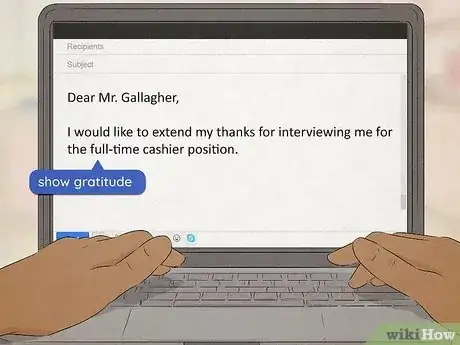
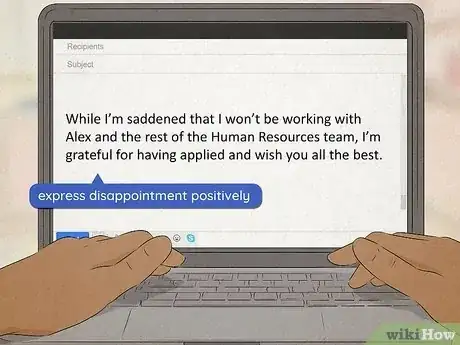
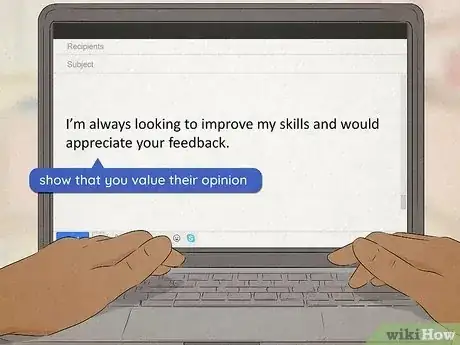
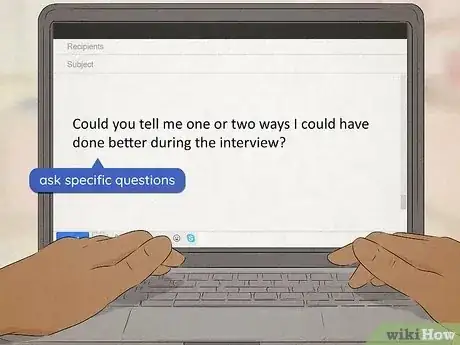
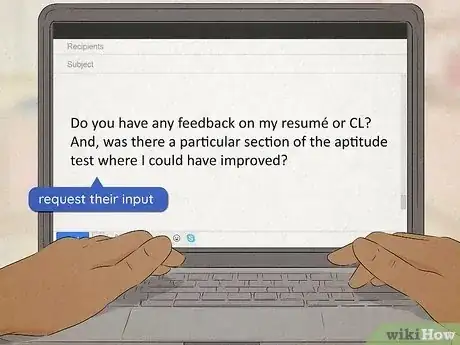
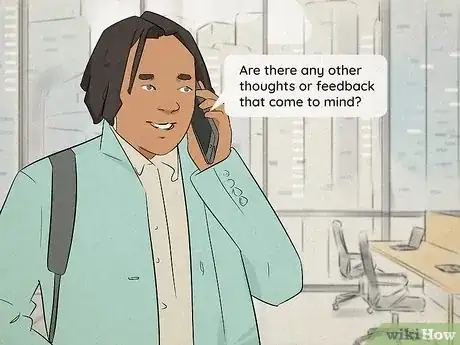
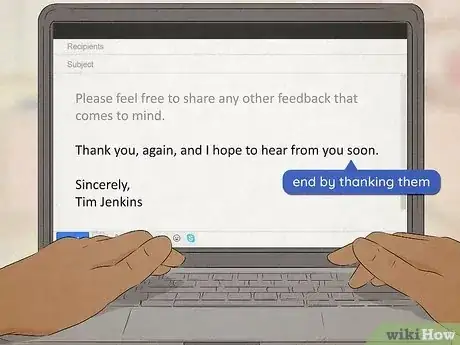
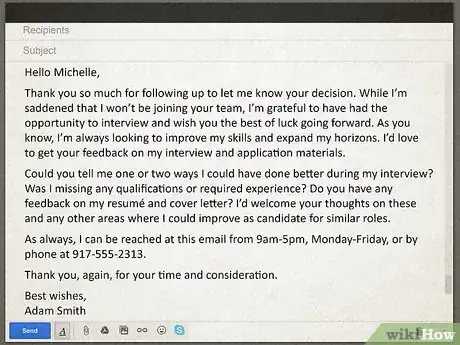
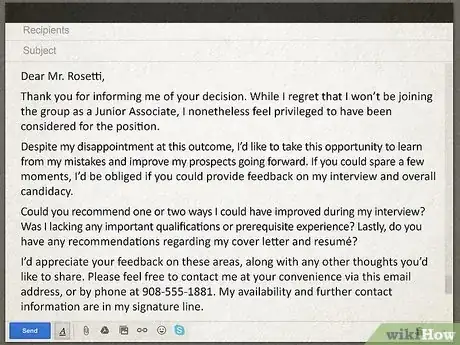

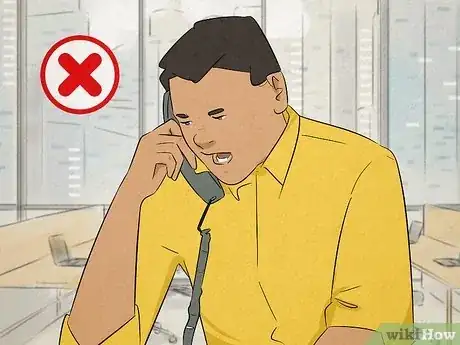
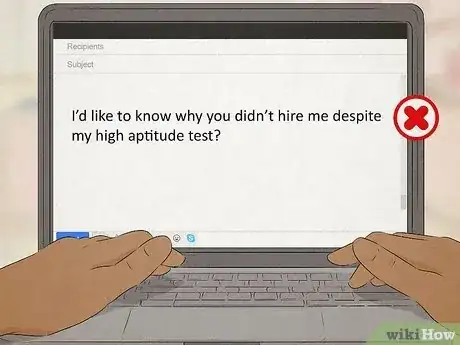



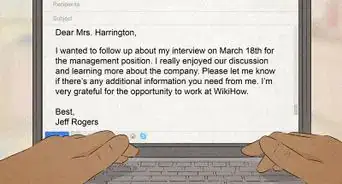
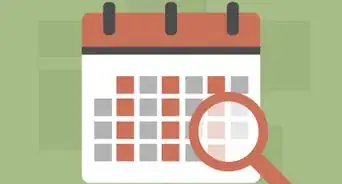


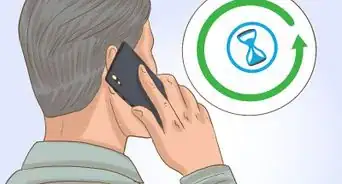
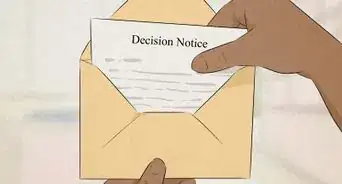
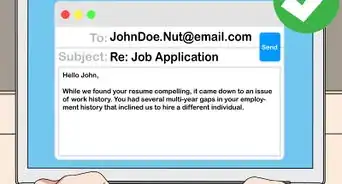



-Step-20-Version-2.webp)











